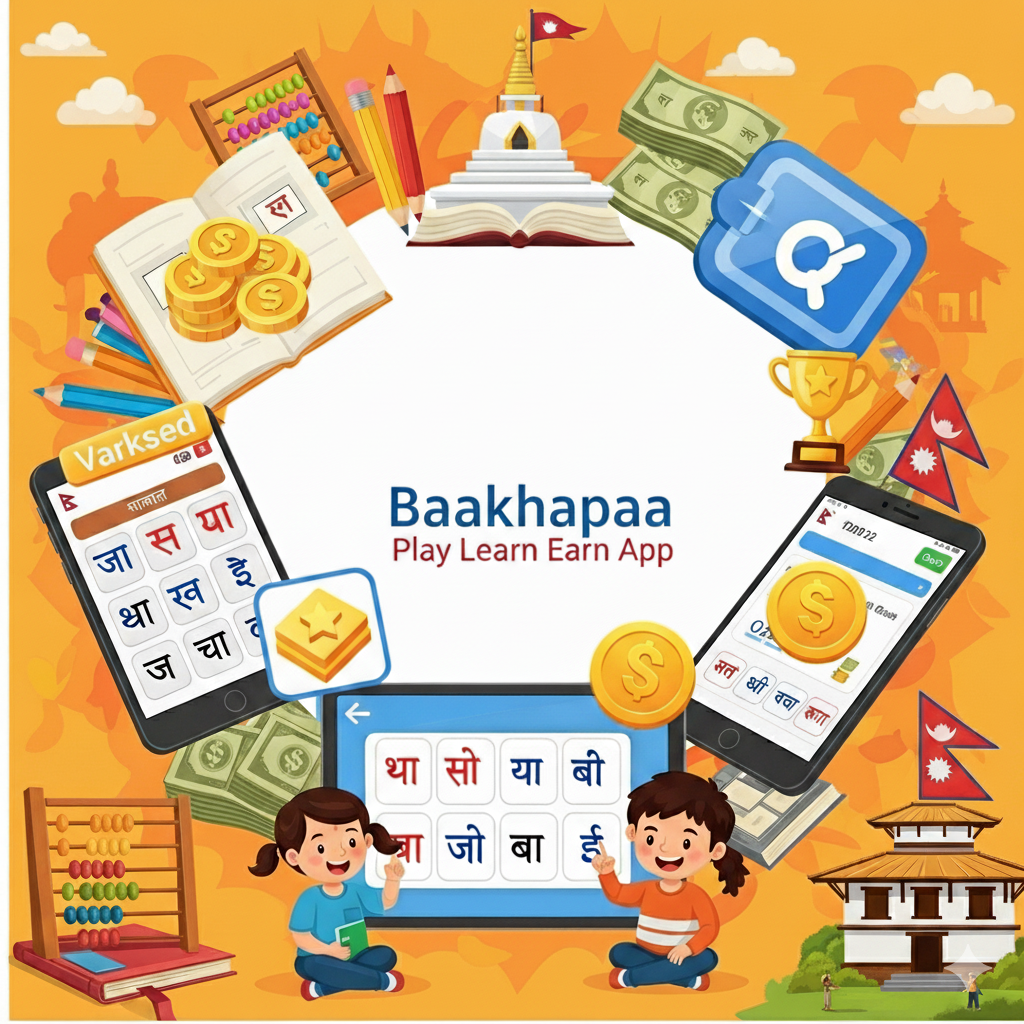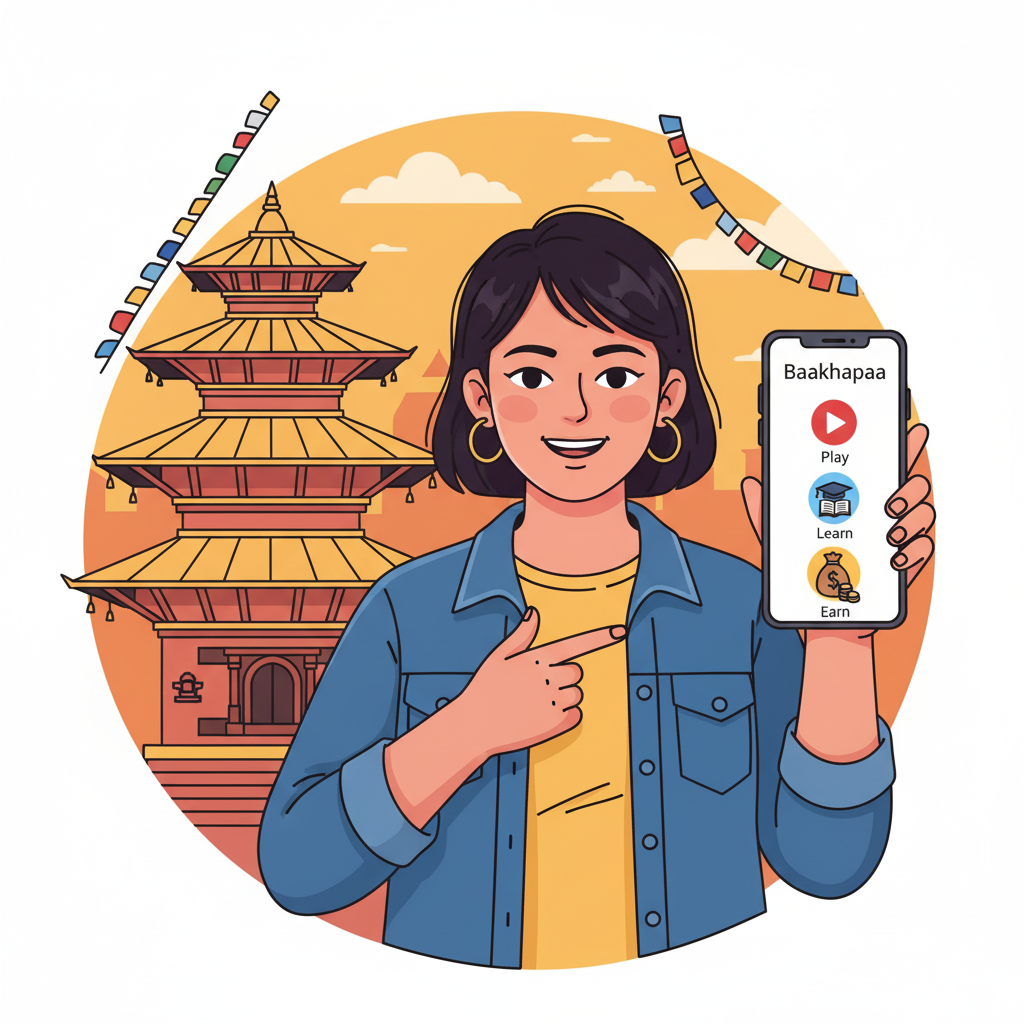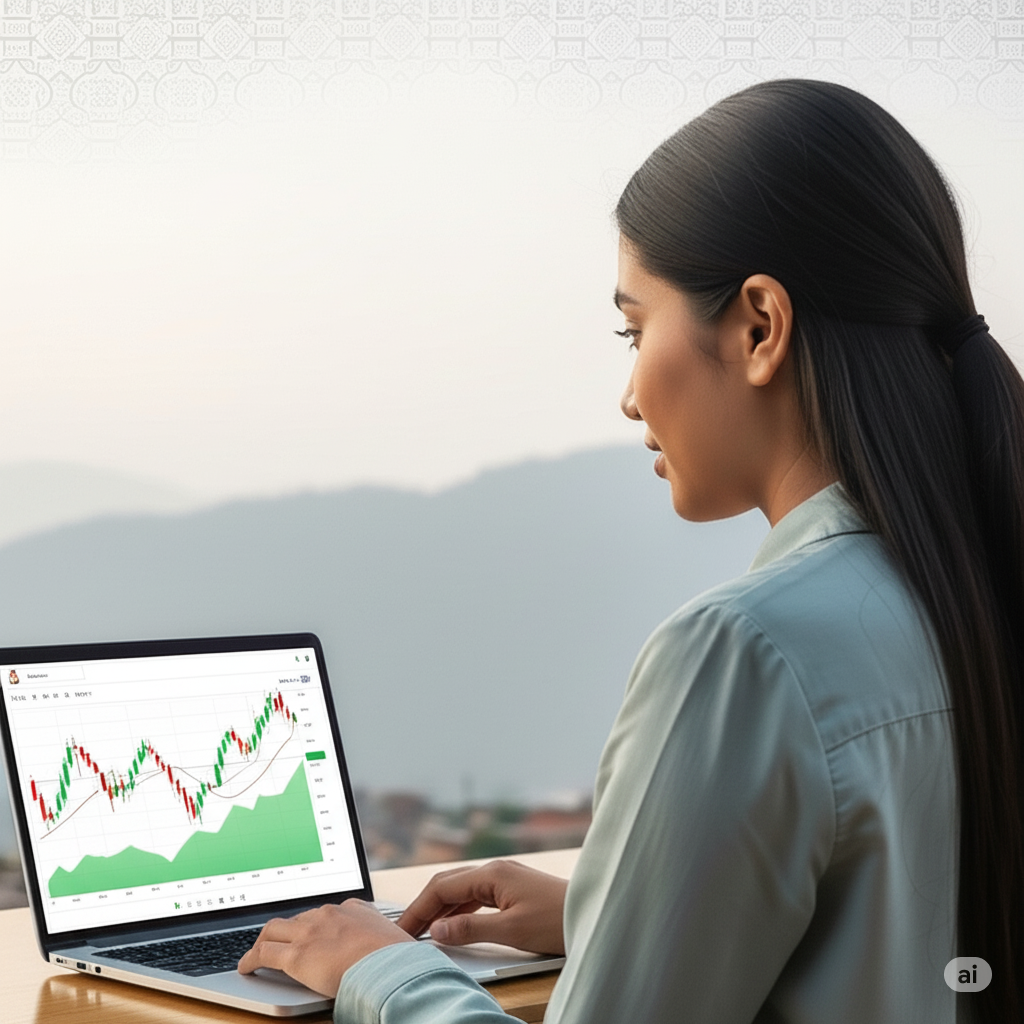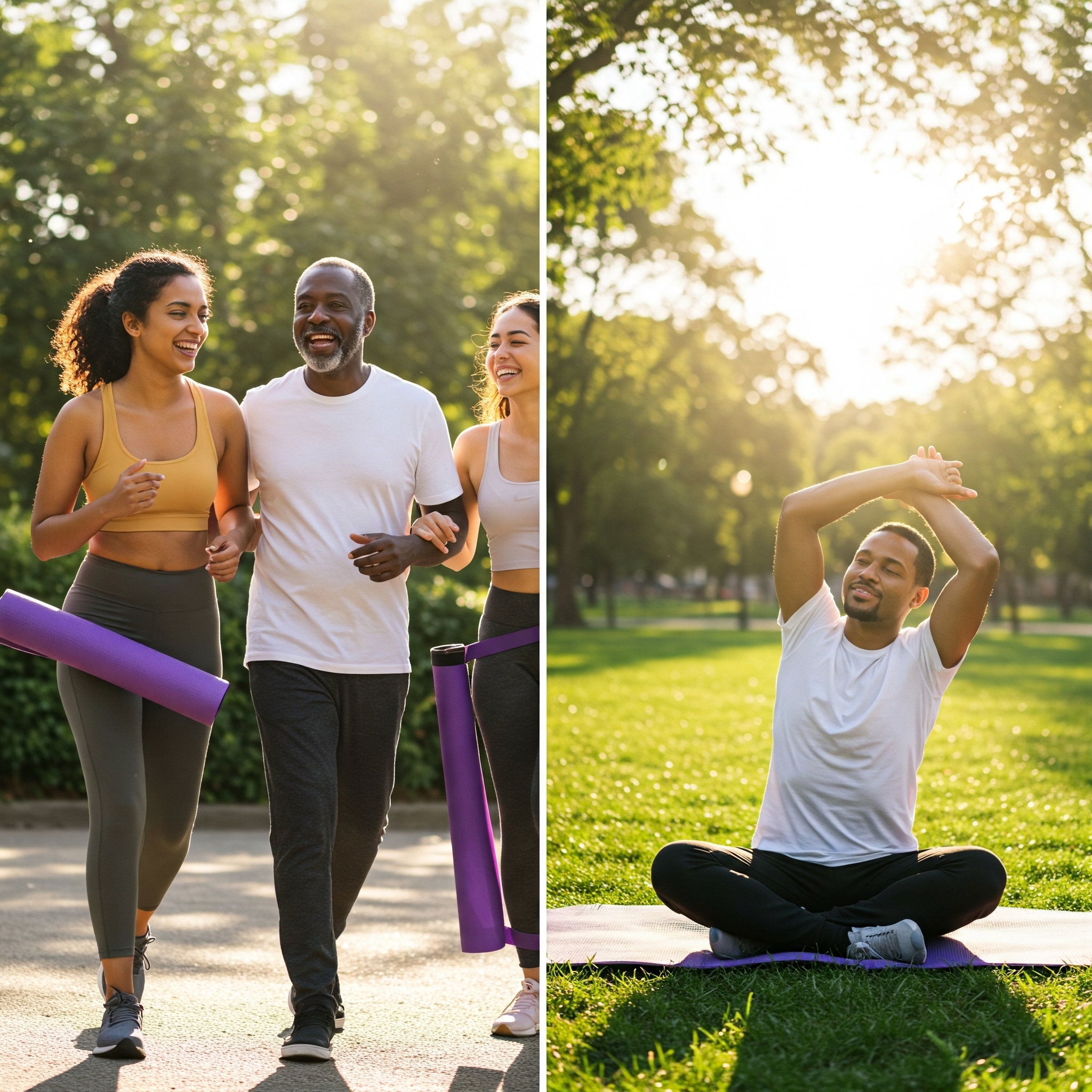The "Experience Economy" in 2025/2026: Why We're Valuing Memories Over Materials (And How to Embrace It)
Take a look around. What truly brings you joy? Is it the new gadget that loses its shine after a few weeks, the piece of clothing that goes out of style, or the memory of that breathtaking sunset, the laughter shared with friends during a cooking class, or the sense of accomplishment after hiking a challenging trail?
In 2025 and 2026, we are seeing an acceleration of a significant cultural and economic shift often dubbed the "Experience Economy." This isn't a brand new concept, but its prominence is growing exponentially, particularly as younger generations gain purchasing power and global priorities continue to evolve. Simply put, more and more people are consciously choosing to spend their hard-earned money and precious time on doing things rather than having things. We're valuing memories over materials.
This trend goes beyond just booking a vacation. It encompasses live events, learning new skills, pursuing hobbies, engaging in adventurous activities, exploring local culture, and even the curated 'experiences' offered by brands and services. It's a move away from conspicuous consumption of physical goods towards an investment in personal growth, connection, and meaningful moments.
Why the Shift? The Psychological Power of Experiences
Why are we increasingly valuing experiences over things? The answer lies deep within human psychology:
- Lasting Happiness: Research consistently shows that money spent on experiences brings more lasting happiness than money spent on material possessions. The thrill of buying something new is fleeting; the joy of a memorable experience endures in our memories and stories.
- Building Identity: Our experiences shape who we are. The challenges we overcome, the cultures we explore, the skills we learn – these become integral parts of our identity in a way that owning a specific item rarely does.
- Fostering Connection: Many experiences are shared with others, strengthening bonds with friends, family, or fellow participants. Even solo experiences often lead to meeting new people and feeling more connected to the world around you.
- The Power of Anticipation and Reflection: The pleasure from an experience isn't limited to the moment it's happening. The excitement of planning and looking forward to it, and the joy of reminiscing and sharing memories afterward, extend the value far beyond the initial investment.
- Less Social Comparison: While you might compare your car or house to someone else's, it's harder to directly compare the subjective value of different experiences. This often leads to less envy and more genuine contentment.
- Personal Growth and Learning: Experiences push us outside our comfort zones, teach us new skills, expose us to different perspectives, and lead to personal development in ways that accumulating possessions simply cannot.
How to Embrace the Experience Economy in 2025/2026
Ready to shift your focus from accumulating stuff to collecting moments? Here's how to lean into the experience economy:
- Budget for Experiences: Consciously allocate funds in your budget specifically for experiences. This might mean cutting back on discretionary spending on material goods like excessive clothing, unnecessary gadgets, or impulse buys. Prioritize what truly brings you lasting joy.
- Seek Out Unique Local Activities: You don't have to travel far to find valuable experiences. Explore local workshops (pottery, cooking, brewing), guided nature walks, historical tours, volunteer opportunities, live music events, or unique pop-up events. Websites and local community boards are great resources.
- Invest in Personal Growth Experiences: Frame learning a new skill (a language, coding, photography), taking a fitness class (rock climbing, martial arts, dance), or attending a conference or workshop as investing in valuable experiences that enhance your capabilities and well-being.
- Focus on Creating, Not Just Consuming: Engage in experiences where you are an active participant, not just a passive observer. This could be joining a local sports league, participating in a community theater production, or volunteering for a cause you care about.
- Capture Memories Thoughtfully (Digitally and Otherwise): While the experience itself is the core value, capturing it allows for reflection and sharing. Use photos, videos, journaling, or even starting a blog not just for external validation, but as tools to revisit and appreciate the memories you're creating. Be present during the experience, then use your captures to relive it later.
- Declutter and Embrace Minimalism: A natural complement to the experience economy is a more minimalist lifestyle. Reducing the focus on acquiring and storing material possessions frees up physical space, mental energy, and financial resources that can then be directed towards experiences.
In 2025 and 2026, the trend is clear: we are increasingly valuing the richness of our lives based on the depth and quality of our experiences. By consciously choosing to invest in memories over materials, you're not just following a trend; you're investing in lasting happiness, personal growth, and a life truly well-lived.
Please login to leave a comment.

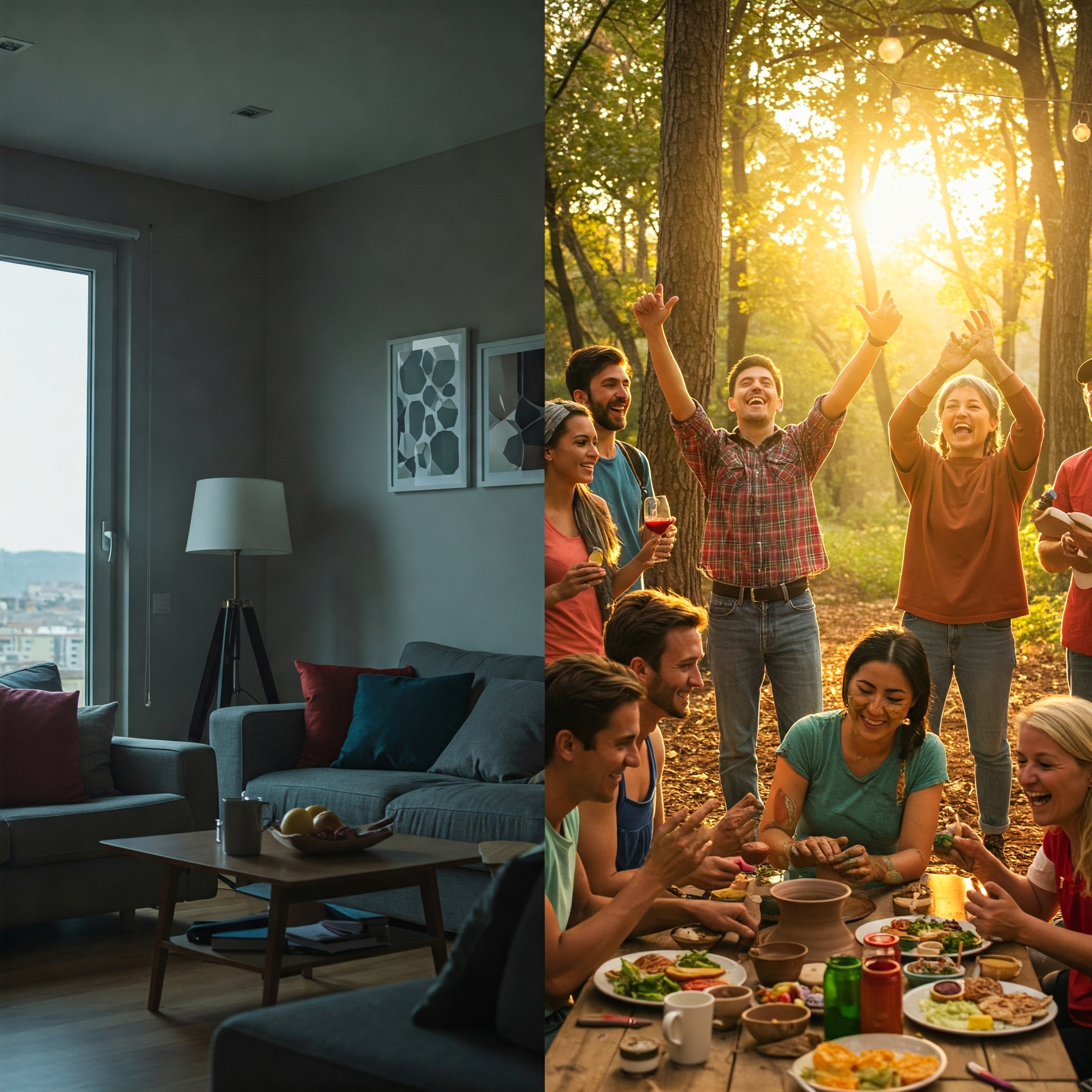
 Rakesh Rajbhat
Rakesh Rajbhat
